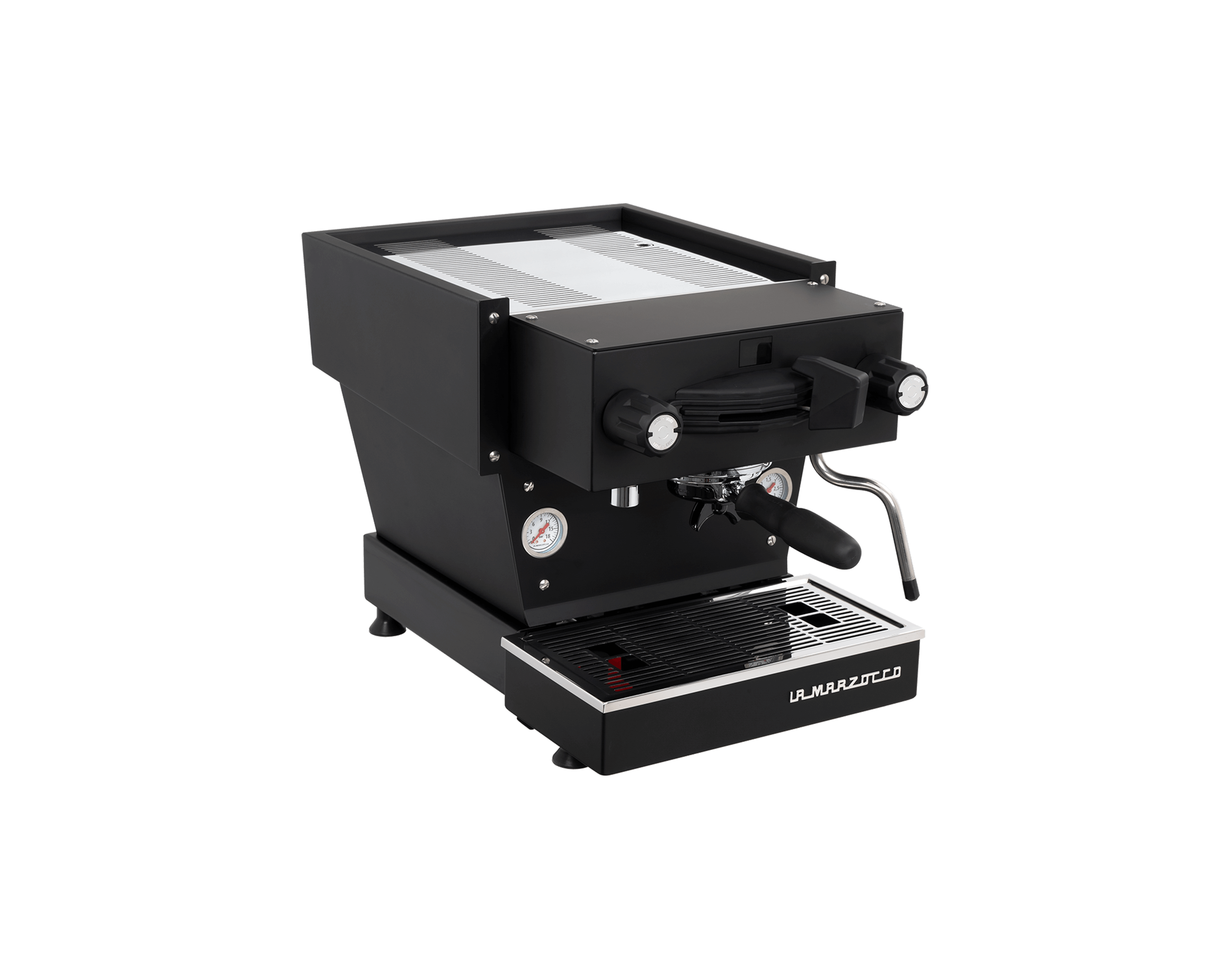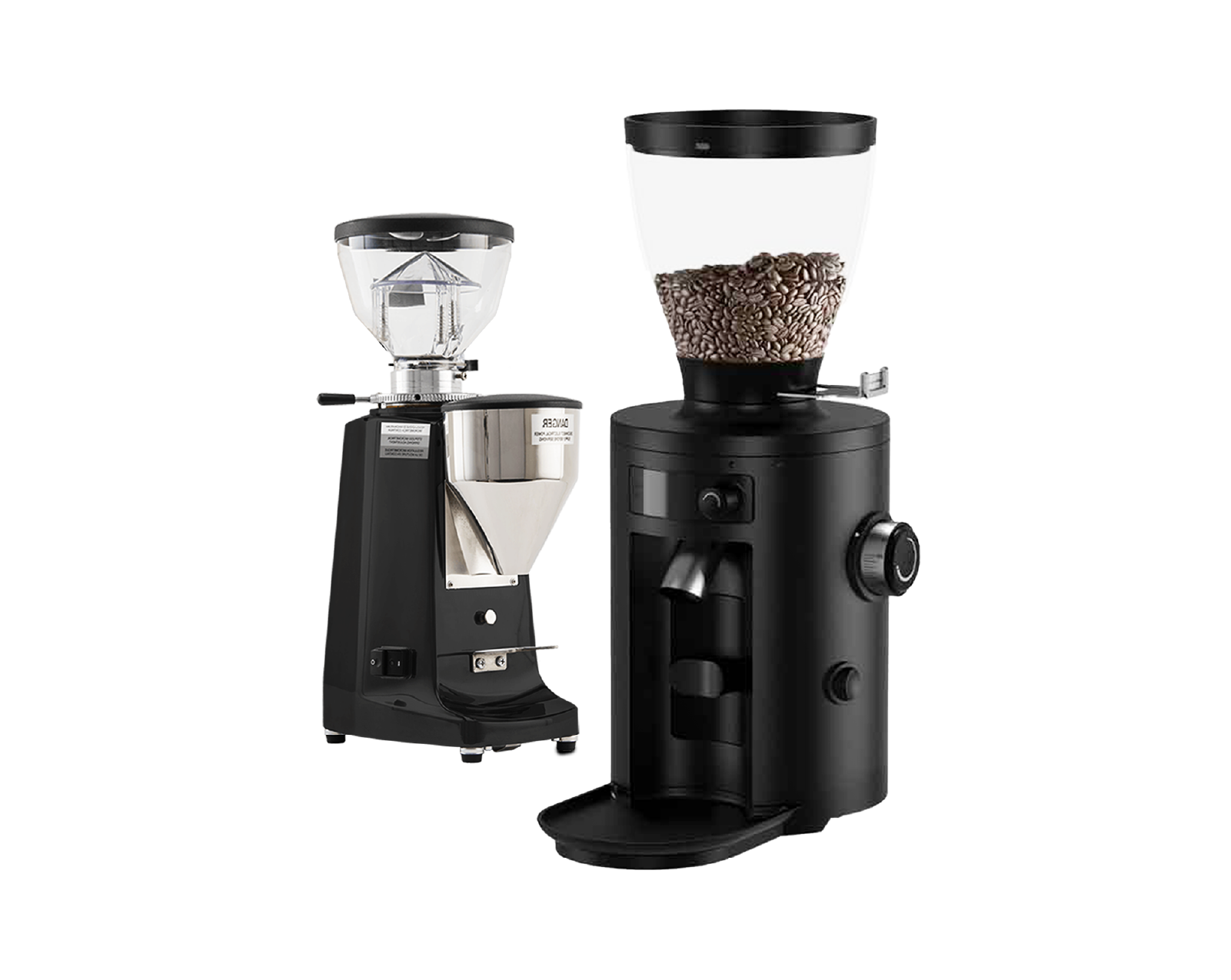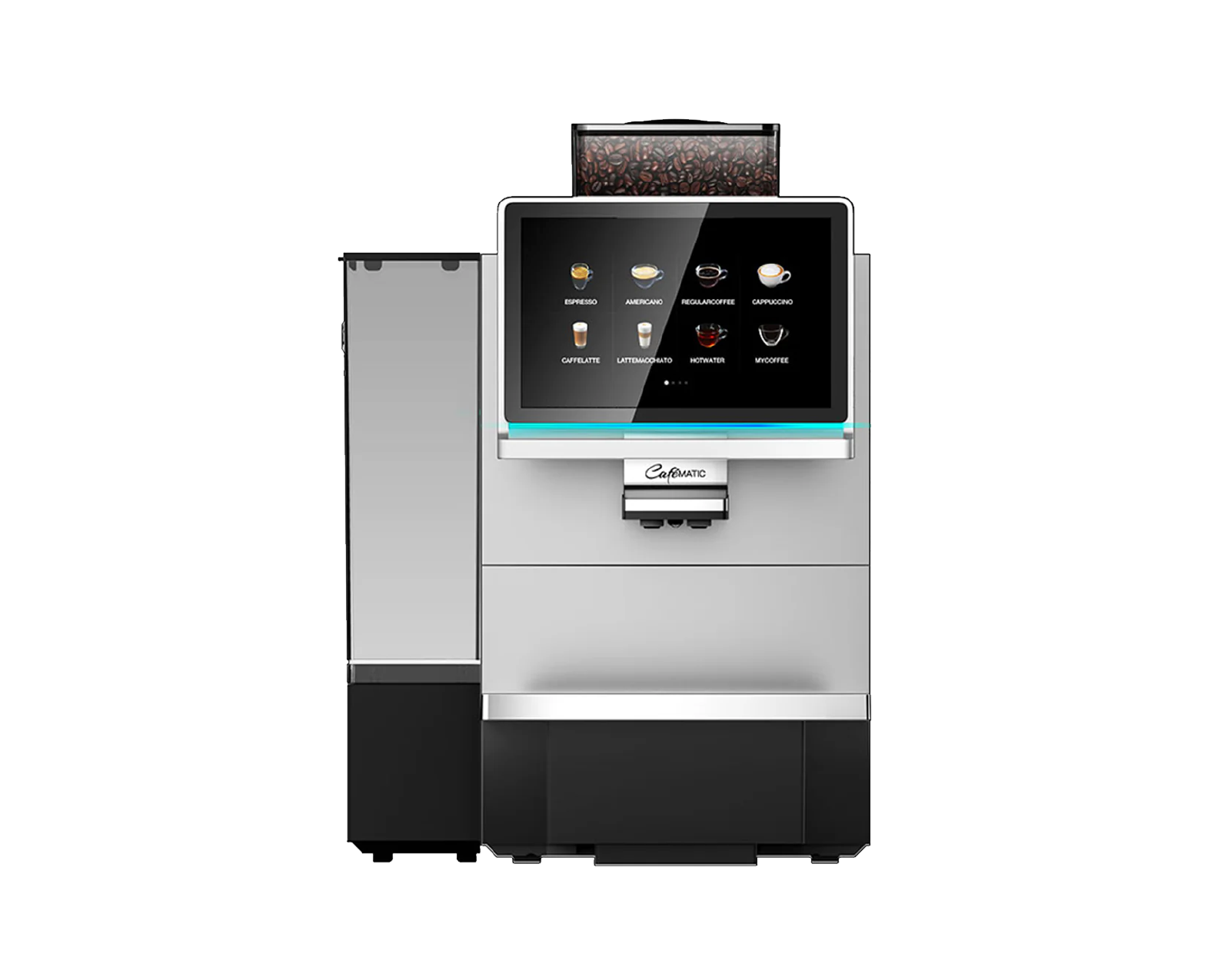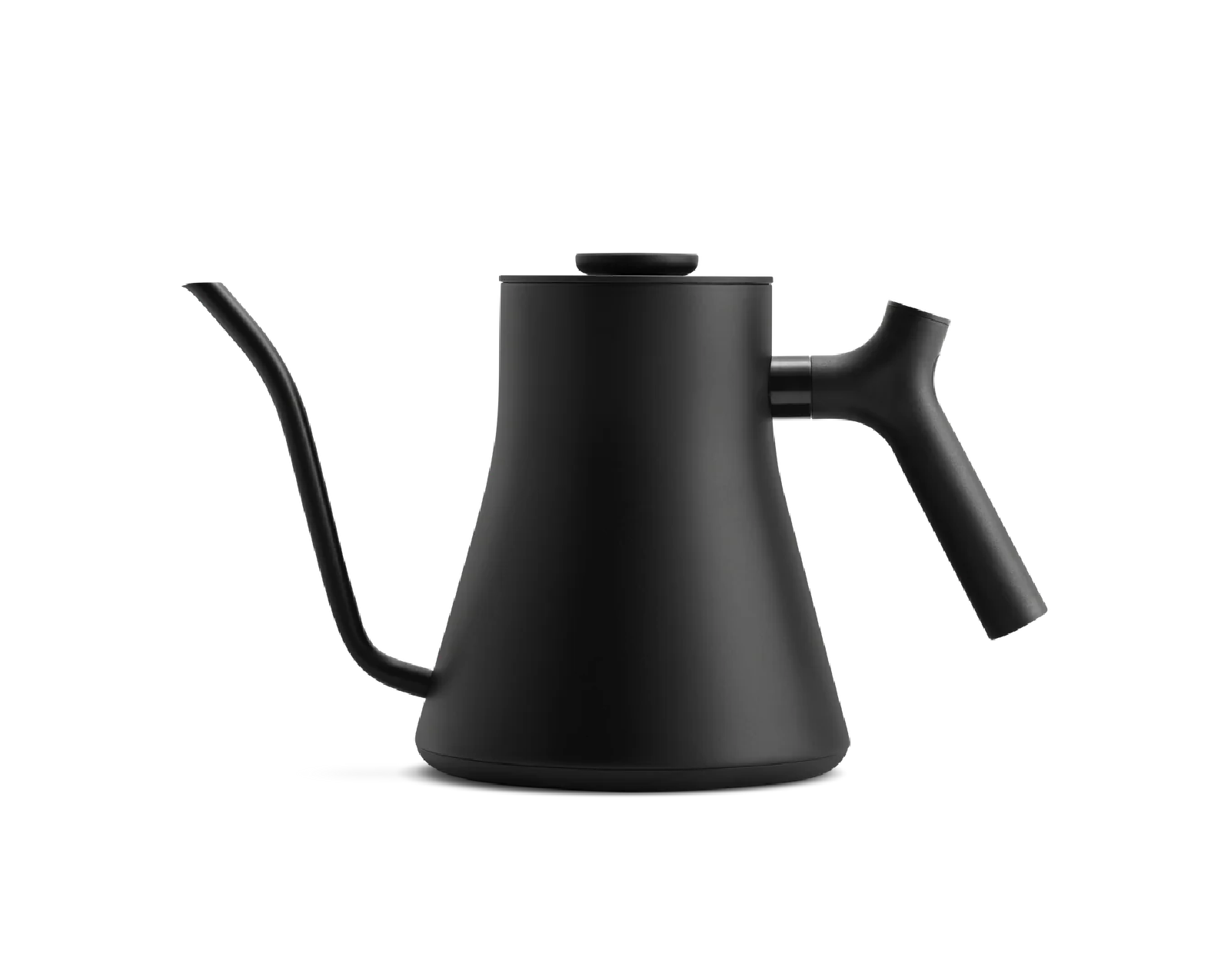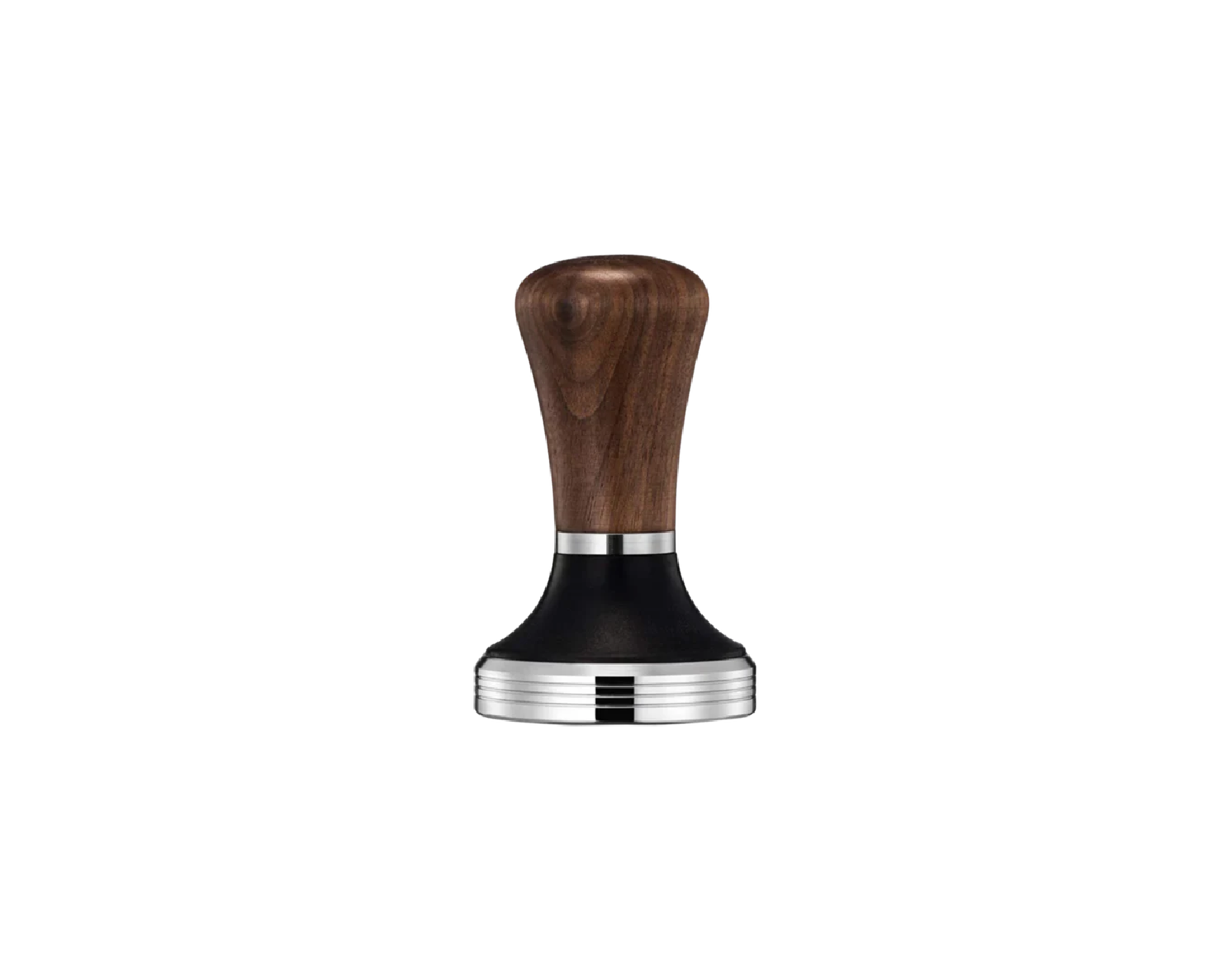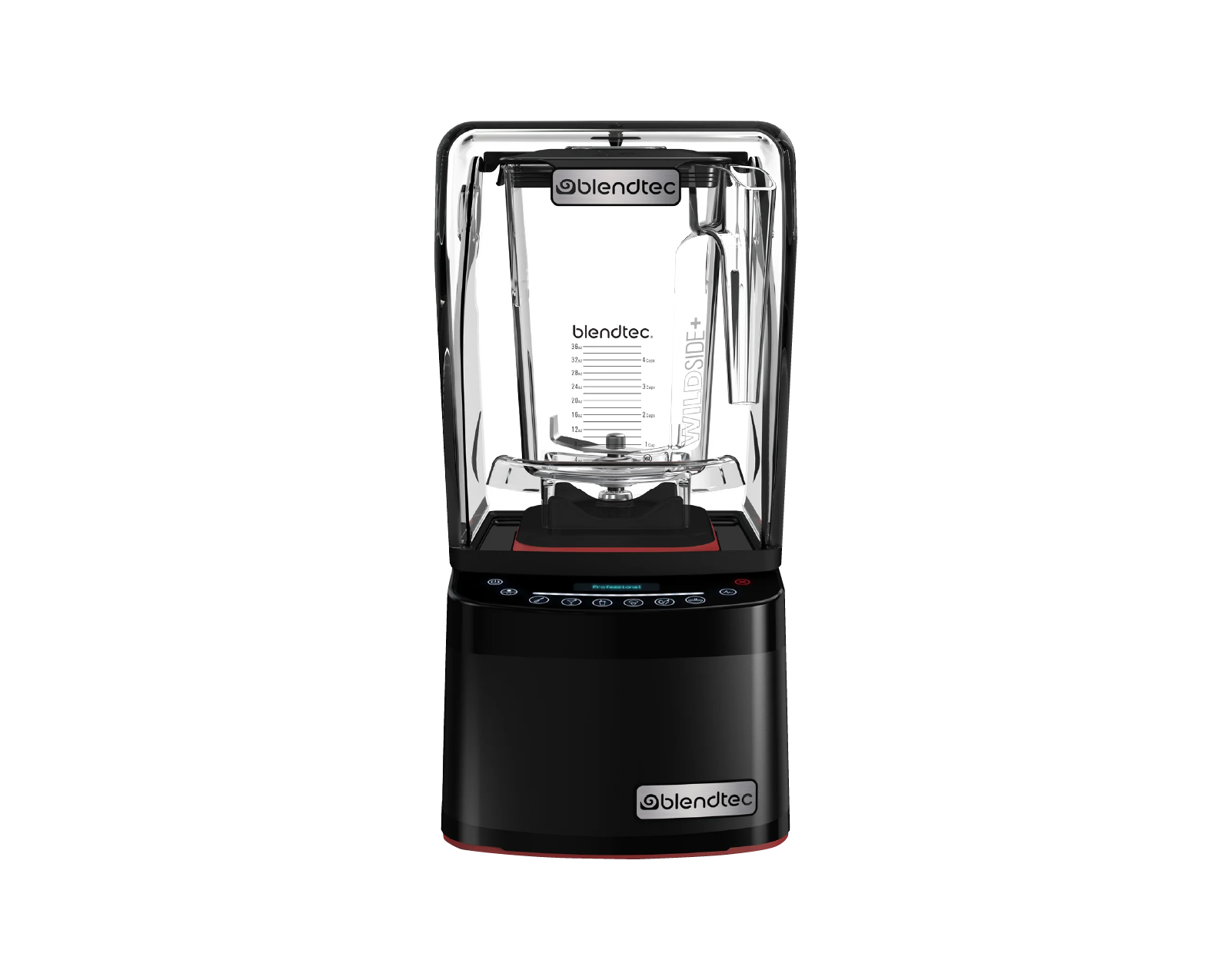Introduction
Specialty coffee is not just a drink; it's a cultural experience and a testament to human ingenuity and passion for quality. From its humble beginnings in ancient coffee forests to the high-tech coffeehouses of today, the journey of specialty coffee is as rich and complex as its flavors. This article delves deep into the history and evolution of specialty coffee, tracing its roots, growth, and the key milestones that have shaped the industry.
---
Outline
| Heading | Sub-Topics |
|---|---|
| 1. Introduction | - |
| 2. The Origins of Coffee | - Discovery in Ethiopia - Early cultivation in Yemen |
| 3. Coffee's Spread Across the Globe | - Introduction to the Middle East - Arrival in Europe - Coffeehouses in Europe |
| 4. The Birth of Specialty Coffee | - Definition and criteria - Key pioneers in the specialty coffee movement |
| 5. Specialty Coffee in the 20th Century | - The role of coffee associations - The impact of World Wars - The rise of coffee culture in the U.S. |
| 6. Third Wave Coffee Movement | - Characteristics of third wave coffee - Prominent third wave coffee roasters - Influence on consumer preferences |
| 7. Technological Advancements in Specialty Coffee | - Innovations in brewing methods - Advancements in coffee roasting - Role of technology in quality control |
| 8. Sustainability and Specialty Coffee | - Environmental impact - Ethical sourcing - Certifications and standards |
| 9. The Role of Baristas in Specialty Coffee | - Training and skills - Barista competitions - Importance in coffee culture |
| 10. The Global Specialty Coffee Market | - Key markets - Economic impact - Trends and forecasts |
| 11. Specialty Coffee and Health | - Health benefits - Common misconceptions - Scientific studies |
| 12. Specialty Coffee: A Cultural Phenomenon | - Influence on art and literature - Coffee in popular culture - Coffee tourism |
| 13. Specialty Coffee at Home | - Home brewing methods - Tips for buying specialty coffee beans - Storing and grinding coffee |
| 14. Specialty Coffee Events and Competitions | - Major events and their impact - World Barista Championship - Coffee festivals around the world |
| 15. Specialty Coffee Brands to Know | - Top global brands - Rising stars in the industry - Local favorites |
| 16. Specialty Coffee Equipment | - Essential tools for brewing - High-end equipment - Maintenance and care |
| 17. Specialty Coffee Recipes | - Popular specialty coffee drinks - Unique coffee concoctions - Coffee and food pairings |
| 18. The Future of Specialty Coffee | - Predictions and trends - Innovations on the horizon - Challenges facing the industry |
| 19. Specialty Coffee FAQs | - Common questions answered |
| 20. Conclusion | - Summary of key points - Final thoughts on the evolution of specialty coffee |
---
The Origins of Coffee
Discovery in Ethiopia
The story of coffee begins in the ancient coffee forests of Ethiopia. According to legend, a goat herder named Kaldi discovered coffee after noticing that his goats became unusually energetic after eating berries from a certain tree. Intrigued, Kaldi tried the berries himself and experienced the same vitality. Word of this "magic" fruit spread, eventually reaching the monks of local monasteries who used the berries to stay awake during long hours of prayer.
Early Cultivation in Yemen
Coffee cultivation and trade began on the Arabian Peninsula. By the 15th century, coffee was being grown in the Yemeni district of Arabia and by the 16th century, it was known in Persia, Egypt, Syria, and Turkey. The beans were roasted and brewed in a manner similar to how coffee is prepared today, and coffeehouses, known as "qahveh khaneh," began to appear in cities across the Near East. These coffeehouses quickly became popular centers for social interaction.
---
Coffee's Spread Across the Globe
Introduction to the Middle East
Coffee's journey from Arabia to the rest of the world began with Muslim pilgrims who visited the holy city of Mecca each year. They spread the word about this wonderful drink they had encountered, and soon, coffee found its way to the Middle East. Coffeehouses became essential hubs for discussion, literature, and commerce, reflecting the beverage's growing importance in daily life.
Arrival in Europe
Coffee was first introduced to Europe in the 17th century, and it quickly gained popularity across the continent. Despite initial resistance from some religious groups, Pope Clement VIII's approval in 1600 helped it gain acceptance. Venice was the first European city to open a coffeehouse, and soon, coffeehouses spread across Europe, becoming popular meeting places for intellectuals, artists, and merchants.
Coffeehouses in Europe
European coffeehouses, or "penny universities," as they were sometimes called, became centers of social activity and communication. These establishments were crucial in the spread of information and ideas, significantly influencing the culture and politics of the time. Notable figures such as Isaac Newton and Samuel Johnson were known to frequent coffeehouses, contributing to the rich history of these vibrant social spaces.
---
The Birth of Specialty Coffee
Definition and Criteria
Specialty coffee refers to coffee that scores 80 points or above on a 100-point scale by a certified coffee taster (Q Grader). This scoring system, developed by the Specialty Coffee Association (SCA), considers factors such as aroma, flavor, aftertaste, acidity, body, balance, and sweetness. Specialty coffee emphasizes high-quality beans, traceability, and ethical sourcing practices.
Key Pioneers in the Specialty Coffee Movement
The specialty coffee movement began to take shape in the 1970s and 1980s. Key pioneers include Alfred Peet, who introduced high-quality, dark-roasted coffee to America, and Erna Knutsen, who coined the term "specialty coffee." Their contributions helped shift the industry focus towards quality and sustainability, setting the stage for the third wave coffee movement.
---
Specialty Coffee in the 20th Century
The Role of Coffee Associations
The formation of coffee associations played a pivotal role in the development of specialty coffee. The Specialty Coffee Association of America (SCAA), founded in 1982, was instrumental in promoting high standards and education within the industry. These associations provided a platform for producers, roasters, and retailers to collaborate and share knowledge.
The Impact of World Wars
The World Wars had a significant impact on the global coffee industry. During these periods, coffee became a rationed commodity, and its quality often suffered. However, post-war economic recovery and the subsequent coffee booms of the 1950s and 1960s helped revive interest in quality coffee, paving the way for the specialty coffee movement.
The Rise of Coffee Culture in the U.S.
In the latter half of the 20th century, coffee culture in the United States underwent a transformation. The establishment of coffee chains like Starbucks in the 1970s popularized espresso-based drinks and created a new wave of coffee enthusiasts. This period also saw the rise of independent coffeehouses that focused on high-quality, ethically sourced coffee, contributing to the growth of the specialty coffee market.
---
Third Wave Coffee Movement
Characteristics of Third Wave Coffee
The third wave coffee movement emphasizes coffee as an artisanal product rather than a commodity. It focuses on transparency, sustainability, and quality at every stage of production. Third wave coffee roasters prioritize direct trade relationships with farmers, ensuring fair compensation and promoting environmentally sustainable practices.
Prominent Third Wave Coffee Roasters
Some of the most influential third wave coffee roasters include Blue Bottle Coffee, Intelligentsia, and Stumptown Coffee Roasters. These companies have set high standards for quality and sustainability, inspiring a new generation of coffee enthusiasts and professionals.
Influence on Consumer Preferences
The third wave coffee movement has significantly influenced consumer preferences, shifting the focus towards single-origin beans, lighter roasts, and innovative brewing methods. Consumers are now more informed and discerning, seeking out unique and high-quality coffee experiences.
---
Technological Advancements in Specialty Coffee
Innovations in Brewing Methods
The evolution of specialty coffee has been marked by numerous innovations in brewing methods. From the Chemex and Aeropress to the resurgence of pour-over techniques, these advancements have allowed coffee enthusiasts to explore new flavors and achieve precise control over their brews.
Advancements in Coffee Roasting
Modern coffee roasting techniques have also evolved, with a focus on bringing out the unique characteristics of each bean. Roasters now use advanced equipment and software to monitor and control the roasting process, ensuring consistency and quality.
Role of Technology in Quality Control
Technology has played a crucial role in maintaining quality control within the specialty coffee industry. Tools like moisture analyzers, colorimeters, and digital cupping platforms have enabled producers and roasters to maintain high standards and continuously improve their products.
---
Sustainability and Specialty Coffee
Environmental Impact
The specialty coffee industry is increasingly aware of its environmental impact. Sustainable farming practices, such as shade-grown coffee and organic farming, help preserve biodiversity and reduce the carbon footprint
of coffee production.
Ethical Sourcing
Ethical sourcing is a cornerstone of the specialty coffee movement. Direct trade relationships and fair trade certifications ensure that farmers receive fair compensation, which supports their livelihoods and promotes sustainable farming practices.
Certifications and Standards
Certifications such as Fair Trade, Rainforest Alliance, and UTZ Certified play a vital role in promoting sustainability and ethical practices within the specialty coffee industry. These certifications provide consumers with the assurance that their coffee has been produced in an environmentally and socially responsible manner.
---
The Role of Baristas in Specialty Coffee
Training and Skills
Baristas are the frontline ambassadors of specialty coffee. Their training and skills are crucial in delivering a high-quality coffee experience. Many baristas undergo rigorous training programs that cover everything from coffee origins and brewing techniques to customer service and latte art.
Barista Competitions
Barista competitions, such as the World Barista Championship, showcase the talent and creativity of baristas from around the world. These events promote innovation and excellence within the specialty coffee industry, inspiring baristas to push the boundaries of their craft.
Importance in Coffee Culture
Baristas play a vital role in shaping coffee culture. Their passion for coffee and commitment to quality help create memorable experiences for customers, fostering a deeper appreciation for specialty coffee.
---
The Global Specialty Coffee Market
Key Markets
The global specialty coffee market is diverse and dynamic, with key markets including North America, Europe, and Asia. Each region has its unique preferences and trends, contributing to the rich tapestry of the global coffee scene.
Economic Impact
Specialty coffee has a significant economic impact, supporting millions of jobs worldwide. From farmers and exporters to roasters and baristas, the specialty coffee industry provides livelihoods and drives economic growth in coffee-producing regions.
Trends and Forecasts
The specialty coffee market continues to evolve, with trends such as cold brew, nitro coffee, and ready-to-drink options gaining popularity. Looking ahead, the industry is expected to focus on sustainability, innovation, and personalized coffee experiences.
---
Specialty Coffee and Health
Health Benefits
Specialty coffee offers several health benefits. It is rich in antioxidants and has been linked to a reduced risk of various diseases, including Parkinson's, Alzheimer's, and certain types of cancer. Moderate coffee consumption can also improve cognitive function and enhance physical performance.
Common Misconceptions
Despite its benefits, coffee is often misunderstood. Common misconceptions include the belief that coffee is dehydrating or that it is bad for the heart. However, scientific studies have shown that moderate coffee consumption is generally safe and can be part of a healthy diet.
Scientific Studies
Numerous scientific studies have explored the health effects of coffee. Research has shown that coffee drinkers tend to have a lower risk of certain diseases, and coffee's high antioxidant content can help protect cells from damage.
---
Specialty Coffee: A Cultural Phenomenon
Influence on Art and Literature
Coffee has long been a source of inspiration for artists and writers. Coffeehouses have served as meeting places for intellectuals and creatives, fostering the exchange of ideas and inspiring countless works of art and literature.
Coffee in Popular Culture
From movies and TV shows to music and fashion, coffee has left an indelible mark on popular culture. Iconic scenes set in coffeehouses and the ubiquitous presence of coffee cups in media reflect the beverage's cultural significance.
Coffee Tourism
Coffee tourism is a growing trend, with enthusiasts traveling to coffee-growing regions and specialty coffee shops around the world. Coffee tours and tastings offer unique insights into the production process and the chance to experience coffee culture firsthand.
---
Specialty Coffee at Home
#Home Brewing Methods
Brewing specialty coffee at home can be a rewarding experience. Popular methods include pour-over, French press, Aeropress, and espresso. Each method has its unique characteristics and allows coffee enthusiasts to explore different flavors and brewing techniques.
Tips for Buying Specialty Coffee Beans
When buying specialty coffee beans, look for details such as origin, roast date, and tasting notes. Purchasing from reputable roasters who focus on quality and sustainability ensures a better coffee experience.
Storing and Grinding Coffee
Proper storage and grinding are essential for maintaining the freshness and flavor of specialty coffee. Store beans in an airtight container away from light and moisture, and grind them just before brewing for the best results.
---
Specialty Coffee Events and Competitions
Major Events and Their Impact
Major specialty coffee events, such as the Specialty Coffee Expo and the London Coffee Festival, bring together industry professionals and enthusiasts from around the world. These events showcase the latest innovations and trends, driving the industry forward.
World Barista Championship
The World Barista Championship is the premier event for baristas, highlighting their skills and creativity. Competitors prepare and serve a series of espresso-based drinks, demonstrating their expertise and passion for specialty coffee.
Coffee Festivals Around the World
Coffee festivals celebrate the culture and diversity of specialty coffee. Events like the Melbourne International Coffee Expo and the New York Coffee Festival offer opportunities to sample different coffees, learn about brewing techniques, and connect with other coffee lovers.
---
Specialty Coffee Brands to Know
Top Global Brands
Some of the top global specialty coffee brands include Blue Bottle Coffee, Stumptown Coffee Roasters, and Intelligentsia. These companies have set high standards for quality and sustainability, earning a loyal following among coffee enthusiasts.
Rising Stars in the Industry
New and innovative coffee roasters are constantly emerging, bringing fresh perspectives and unique flavors to the specialty coffee scene. Brands like Counter Culture Coffee and Heart Coffee Roasters are gaining recognition for their commitment to quality and sustainability.
Local Favorites
Local specialty coffee shops and roasters play a crucial role in their communities, offering unique and personalized coffee experiences. Supporting local businesses helps sustain the specialty coffee industry and promotes diversity in coffee culture. Some of the popular ones in the UAE are, Three Coffee, Nightjar, Emirati Coffee, Boon Coffee, Archers, Gold Box and dozens more.
---
Specialty Coffee Equipment
Essential Tools for Brewing
Essential tools for brewing specialty coffee at home include a high-quality grinder, a scale, a kettle, and a brewing device such as a Chemex or Aeropress. These tools help ensure consistency and precision in the brewing process.
High-End Equipment
For the ultimate coffee experience, high-end equipment such as espresso machines and precision brewers offer advanced features and superior performance. Brands like La Marzocco and Slayer are renowned for their top-of-the-line coffee equipment.
Maintenance and Care
Proper maintenance and care of coffee equipment are essential for longevity and optimal performance. Regular cleaning and descaling help prevent buildup and ensure that your coffee tastes its best.
---
Specialty Coffee Recipes
Popular Specialty Coffee Drinks
Popular specialty coffee drinks include the flat white, cortado, and pour-over. Each drink offers a unique flavor profile and highlights the quality of the coffee beans.
Unique Coffee Concoctions
Experimenting with unique coffee concoctions can be a fun way to explore new flavors. Recipes such as coffee cocktails, cold brew variations, and flavored lattes allow for creativity and personalization.
Coffee and Food Pairings
Pairing coffee with food can enhance the tasting experience. Dark chocolate, pastries, and cheeses are popular choices that complement the rich flavors of specialty coffee.
---
The Future of Specialty Coffee
Predictions and Trends
The future of specialty coffee looks bright, with continued focus on sustainability, innovation, and quality. Trends such as plant-based milk alternatives, ready-to-drink options, and digital coffee platforms are expected to shape the industry.
Innovations on the Horizon
Innovations in coffee technology and production methods will continue to drive the specialty coffee industry forward. Advances in brewing equipment, agricultural practices, and data analytics promise to enhance the coffee experience for both producers and consumers.
Challenges Facing the Industry
Despite its growth, the specialty coffee industry faces challenges such as climate change, economic instability, and supply chain disruptions. Addressing these issues requires collaboration and innovation from all stakeholders.
---
Specialty Coffee FAQs
What is specialty coffee?
Specialty coffee is defined as coffee that scores 80 points or above on a 100-point scale by a certified coffee taster. It emphasizes high-quality beans, traceability, and ethical sourcing practices.
How is specialty coffee different from regular coffee?
Specialty coffee differs from regular coffee in its focus on quality and sustainability. It involves meticulous attention to detail at every stage, from cultivation to brewing, ensuring a superior coffee experience.
What are some popular specialty coffee brewing methods?
Popular brewing methods for specialty coffee include pour-over, French press, Aeropress, and espresso. Each method offers unique characteristics and allows for precise control over the brewing process.
Why is sustainability important in specialty coffee?
Sustainability is crucial in specialty coffee to ensure the long-term viability of coffee production. Sustainable practices help preserve the environment, support farmers' livelihoods, and promote ethical sourcing.
What role do baristas play in the specialty coffee industry?
Baristas are essential in the specialty coffee industry, serving as the final link between the coffee producer and the consumer. Their skills and passion for coffee create memorable experiences and help educate customers about specialty coffee.
How can I get started with brewing specialty coffee at home?
To get started with brewing specialty coffee at home, invest in essential tools such as a grinder, scale, kettle, and brewing device. Choose high-quality beans from reputable roasters and experiment with different brewing methods to find your preferred taste.
---
Conclusion
The history and evolution of specialty coffee is a testament to human passion, innovation, and commitment to quality. From its ancient origins to the modern-day third wave coffee movement, specialty coffee has transformed the way we experience this beloved beverage. As the industry continues to grow and evolve, the future of specialty coffee looks promising, with a focus on sustainability, innovation, and exceptional coffee experiences.
---
is always better with coffee! Get your hands on the BEST specialty coffees at beanburds.com.
Visit our socials @beanburds to find out more, and stay up to date with our latest news!




